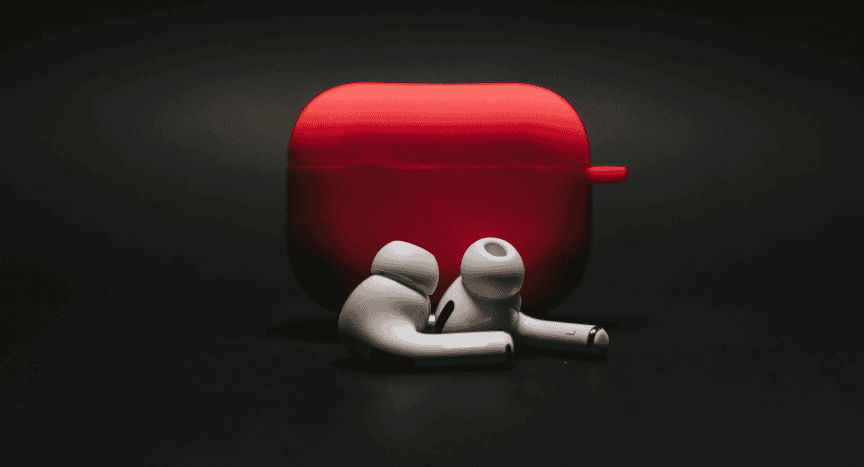Whether you’re listening to music, watching videos, or joining virtual meetings, headphones provide seamless auditory experiences. However, their prolonged use raises a concerning question: Are your headphones safe for your hearing? Noise-induced hearing loss (NIHL) is a growing problem, particularly among young people. Understanding the risks and taking preventive measures can help protect your hearing health.
Understanding Noise-Induced Hearing Loss
Noise-induced hearing loss occurs when loud sounds damage the tiny hair cells in the inner ear, known as the cochlea. These hair cells convert sound waves into electrical signals sent to the brain. Once damaged, these cells do not regenerate, leading to permanent hearing loss.
Exposing your ears to high decibel levels for extended periods can accelerate this damage. Personal audio devices often listened to through headphones or earbuds, can deliver sounds directly into the ear canal, sometimes at dangerously high volumes.
How Loud is Too Loud?
To understand the safety of headphone use, it’s critical to grasp the concept of decibel levels (dB). Sounds above 85 dB are harmful if you’re exposed to them for long periods. For reference, normal conversation occurs at around 60 dB, while rock concerts can reach 120 dB. Many personal audio devices can produce sound exceeding 100 dB, a level that can cause hearing damage in just a few minutes.
If you need to raise your voice to talk to someone an arm’s length away while wearing headphones, the volume is too high. Implementing this simple rule can help protect your hearing.
Safe Listening Practices
Taking conscious steps to protect your hearing can go a long way. Here are some practical tips:
- Lower the Volume: Keep your device’s volume at no more than 60% of the maximum level.
- Follow the 60/60 Rule: Listen at 60% volume for no more than 60 minutes at a time. Take breaks to let your ears rest.
- Use Noise-Canceling Headphones: These headphones reduce background noise, allowing you to listen at lower volumes.
- Pick Over-Ear Headphones Over Earbuds: Over-ear headphones generally do a better job of blocking external noise and provide better sound quality at lower volumes.
Recognizing the Signs of Hearing Damage
Early detection of hearing loss can help you take steps to prevent further damage. Some signs to watch for include:
- Ringing in the Ears (Tinnitus): A persistent ringing or buzzing sound in your ears after using headphones can indicate hearing damage.
- Muffled Hearing: If sounds seem unclear or muffled, it’s a sign your hearing may be compromised.
- Difficulty Understanding Speech: Struggling to follow conversations, especially in noisy environments, can signal hearing issues.
If you notice these symptoms, taking a break from headphones and consulting a hearing specialist is advisable.
The Role of Parents and Guardians
Parents and guardians play a vital role in protecting children’s hearing. They should educate youngsters about the dangers of loud headphone use and monitor the volume levels on their devices. Many modern devices have parental control settings that limit maximum volume. Encouraging safe listening habits early on can make a significant difference in preventing NIHL.
Technological Advancements and Hearing Health
Fortunately, technology has kept pace with the need to protect hearing. Many modern headphones come with built-in volume limiters and noise-canceling features. Some apps and devices also offer features that monitor and alert users when they’ve been listening too loudly for too long.
Staying updated with these advancements and investing in better technology designed to safeguard hearing can make a significant difference in long-term auditory health.
Seeking Professional Help
If you suspect hearing loss, it’s essential to seek professional help. Doctors can perform hearing tests and guide you on your hearing health. They can also recommend preventive measures and treatments if needed.
Addressing hearing concerns early on can prevent further deterioration and improve your quality of life.
Conclusion
Noise-induced hearing loss from headphones is a real concern, but it’s preventable. Being mindful of volume levels, practicing safe listening habits, and staying informed about the latest advancements in headphone technology can protect your hearing. By making these conscious choices, you can continue to enjoy your favorite sounds without compromising your auditory health.

